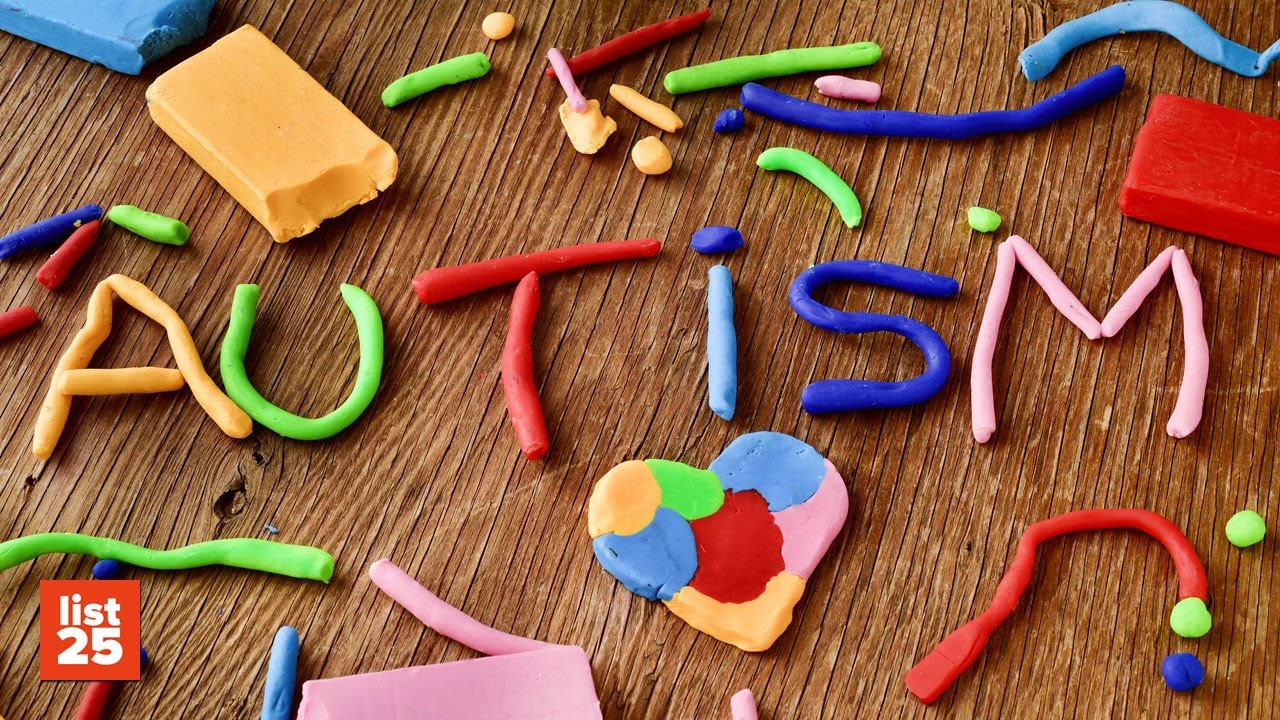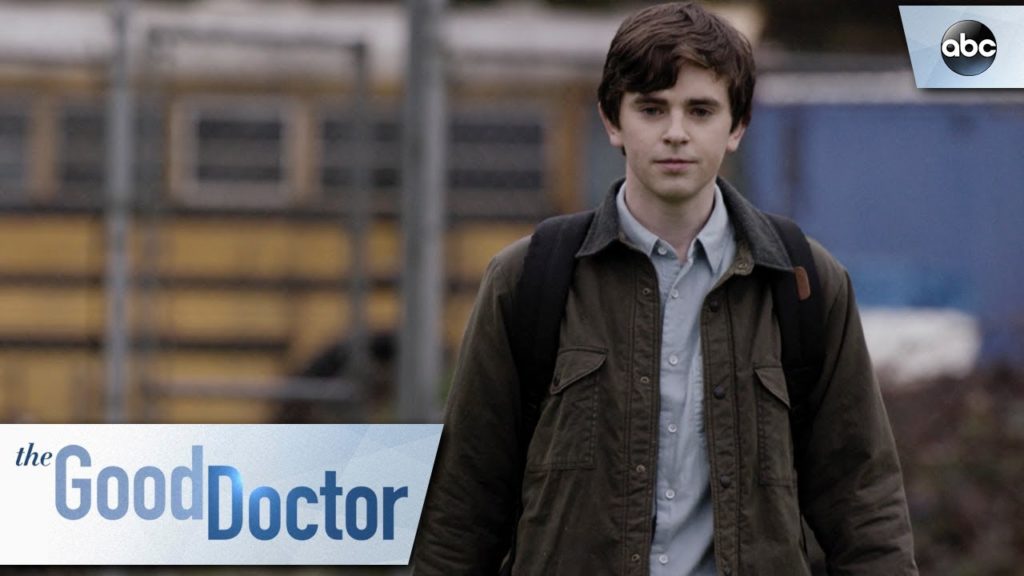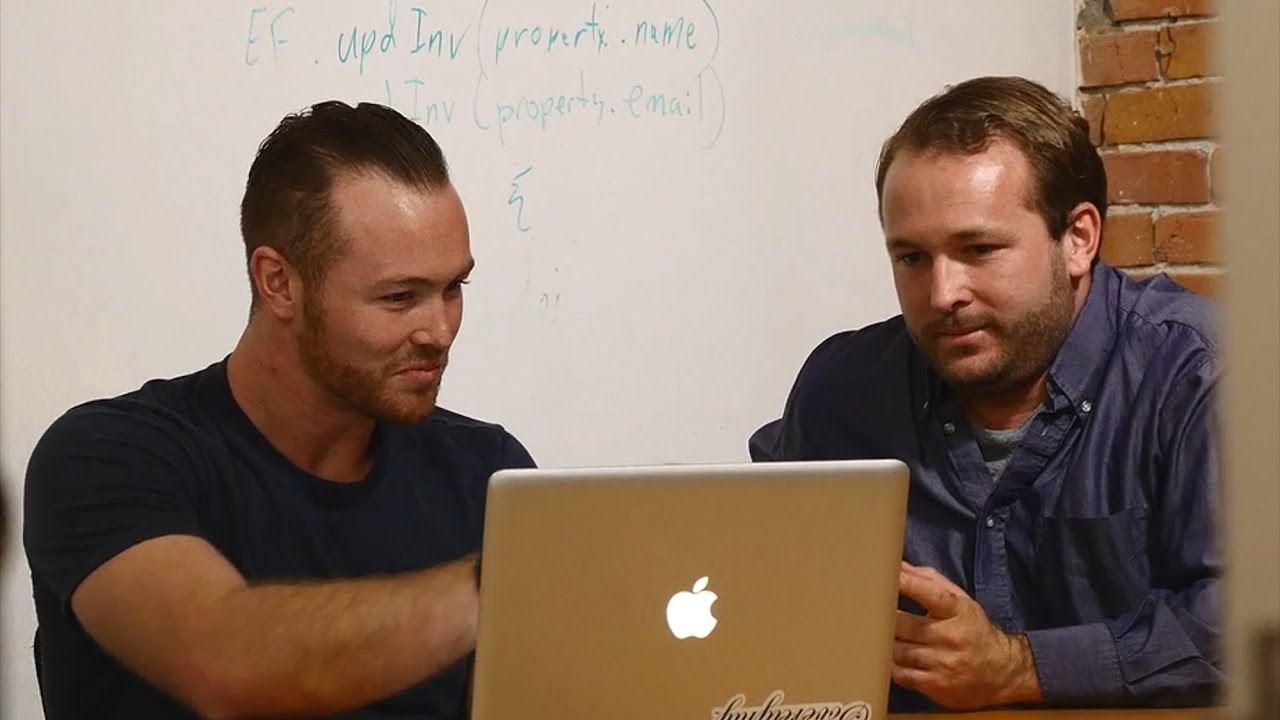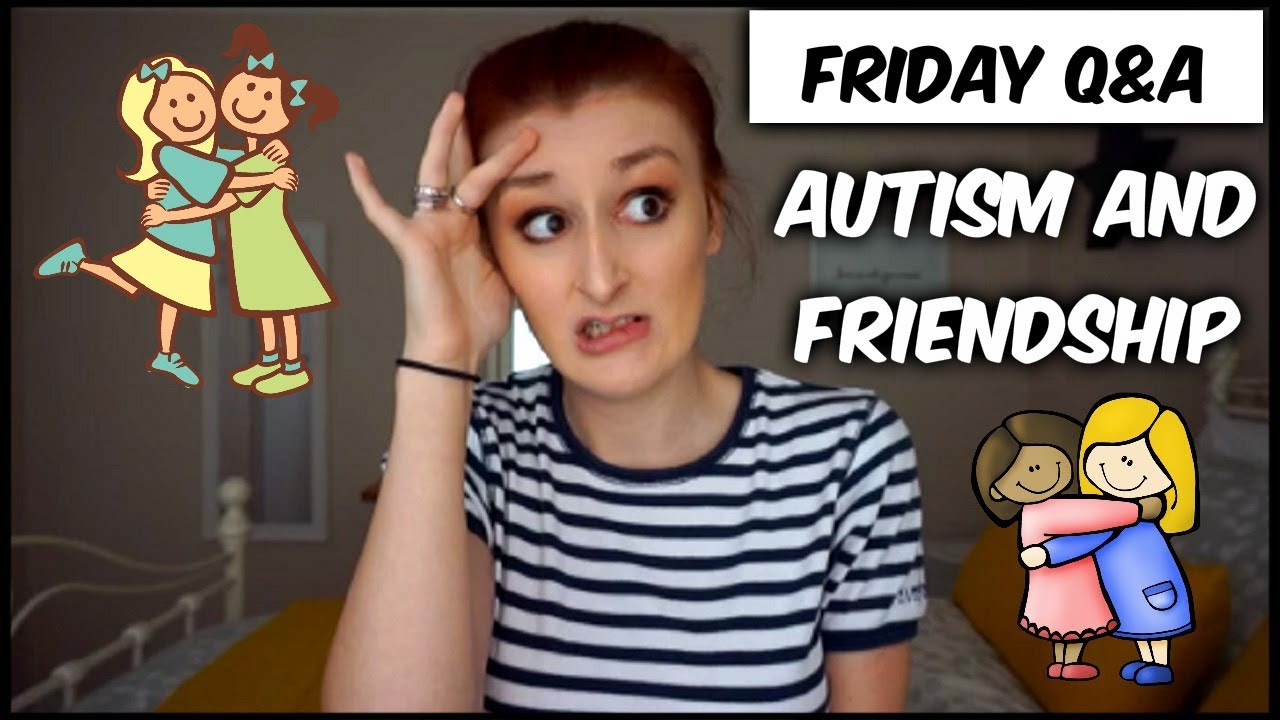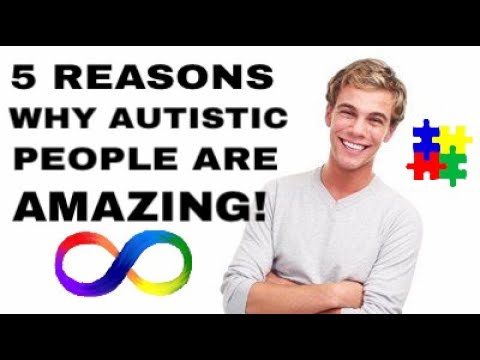From the National Autistic Society
1) To spread the word far and wide about autism
World Autism Awareness Day is an internationally recognised day for bringing autism to the forefront of people’s consciousness throughout the world, taking place on 2 April.
Every year, in the week leading up to this day, we encourage people to take part in World Autism Awareness Week – a full seven days where schools, workplaces and individuals, their families and friends all over the UK are taking part in activities to raise money and awareness for The National Autistic Society.
2) To raise as much money as possible to support autistic people
We’ve come a long way in raising autism awareness, but there’s still more to be done until everyone understands autism. We need the public’s support to raise vital funds to continue running campaigns like Too Much Information, training and sharing knowledge with professionals working with autistic people, and so much more.
3) To support better education for autistic children and young people
Supporting autistic children is also about educating other pupils to better understand and help their classmates. Schools can sign up for a free fundraising guide and age-specific lesson plans to help schools teach about autism. The money our fantastic supporters has raised in previous years has even helped us campaign to ensure that every trainee teacher in England will receive training in autism from this September.
4) To walk through the night
Night Walks for Autism is the big lead up event to World Autism Awareness Week. There will be over 1,000 night walkers taking to the streets of London, Manchester, Glasgow and Bristol on 17 March 2018 to raise money in support of their daughters, sons, mums, dads, brothers, sisters, colleagues, friends… and we can’t thank them enough.
It was a sold out event last year so secure your place and sign up today.
5) An excuse to wear a Oneise!
Download our fundraising guide to find out about Onesie Wednesday’s return!
6) To bake like you’ve never baked before!
Here’s a new challenge – bake a cake for every day of World Autism Awareness Week and ask for donations from your colleagues. Sign up to find out more ideas of how to raise money at work.
We have a free autism quiz resource which is a fun way to raise money at work and means that you are teaching your colleagues about autism
7) To keep teaching, working and fundraising until everyone understands the 700,000 autistic people living in the UK
Read about our new event 7k for 700k, which is in support of the 700,000!
